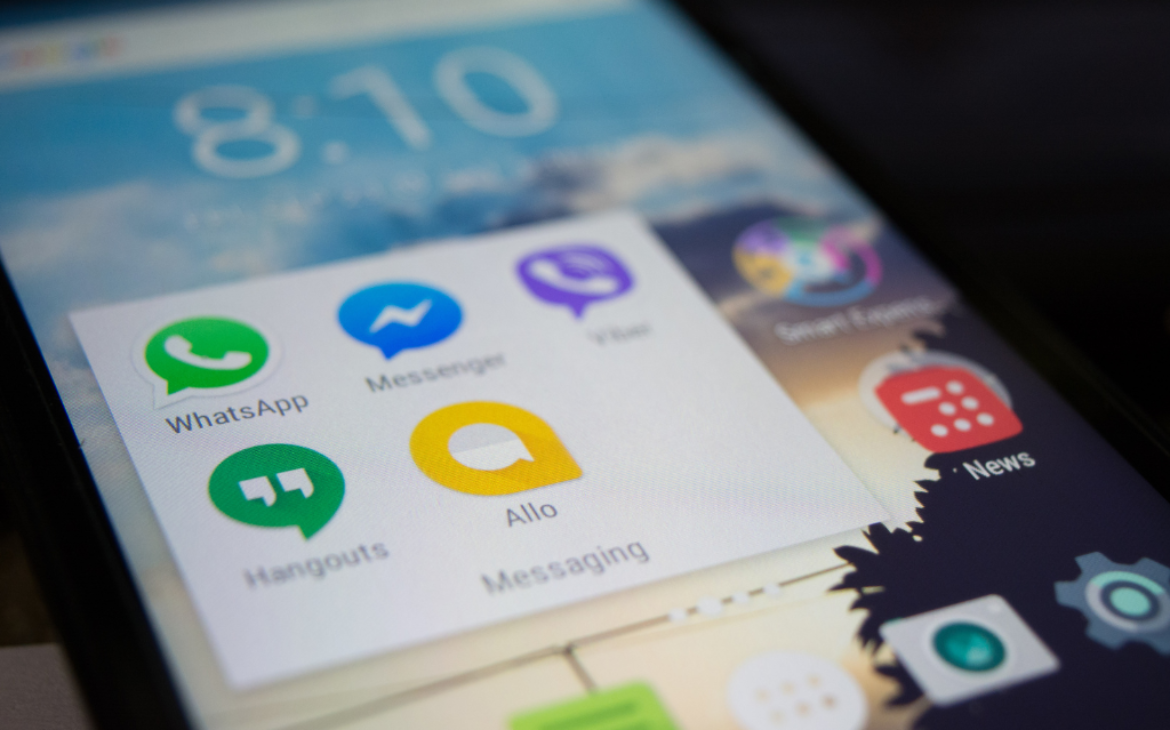Social networks have enabled faster and simpler interpersonal communication, allowing for reconnections with friends who have moved miles away or the chance to meet new loves. Furthermore, social networks can be used for educational purposes as well as for entertainment when used properly and cautiously. However, they can also be very dangerous and detrimental to an individual’s mental health.
When opening a profile on social networks, it is important to be cautious about sharing personal and private information such as home address, medical records, health status, and bank account numbers. Additionally, the prevalence of fake profiles created for deception or manipulation is increasing on social networks. Fake profiles can be identified using several steps or tips. First, check the profile picture and other posts to determine the consistency and authenticity of the communication, as well as the photographs and videos. If a profile has existed for some time but has no photographs or posts, something is definitely amiss. The second step involves checking the individual’s profile on other social networks and comparing the available data found. The content an individual shares on social media is crucial, as sharing private information through posts can pose potential dangers.
The time an individual spends with friends or family is increasingly replaced by time spent on social networks, which is particularly dangerous for children and their development. Numerous hours spent in front of computer screens or smartphones can lead to addiction and result in alienation. The real world is being replaced by a virtual world and events that are not real but seem real.
Furthermore, posts and news on social networks are not always truthful. Social networks allow individuals whose goal is to manipulate public opinion or deceive to easily spread various fake news, disinformation, or conspiracy theories. It is also necessary to read and analyze news carefully and verify the data even if the information was forwarded to us by a friend. There is a possibility that they did not read the information carefully enough and, thinking it to be true, shared it further to inform their community about an important event.
Test your knowledge about social networks at:
The goal of the quiz is to help platform users learn about the dangers lurking on social networks.
This quiz has been designed as part of the project “Enhancing the Culture of Fact-Checking,” implemented by HUOJ in collaboration with media experts from Lider media and the Faculty of Economics at the University of Zagreb, with financial support from the European Union – NextGenerationEU.

